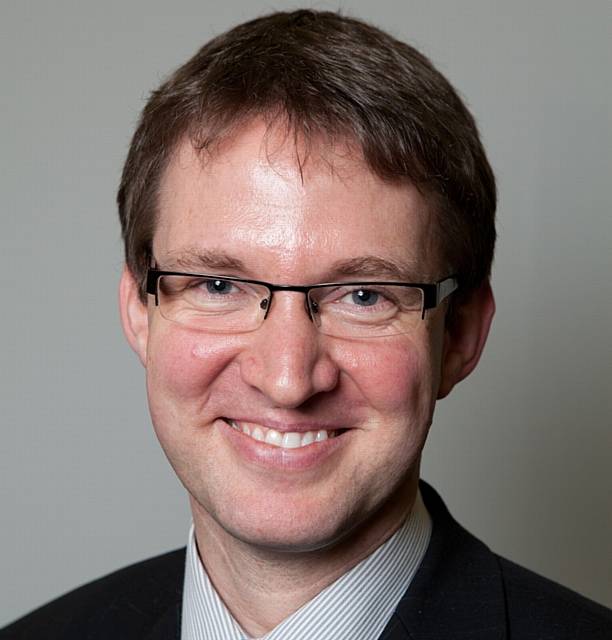'Needs improvement...'
Reporter: Lucy Kenderdine
Date published: 07 October 2016

MATTHIAS HOHMANN
CANCER services in Oldham are in need of improvement, new figures from NHS England have shown.
For the first time, Clinical Commissioning Groups (CCG) across England have been given an Ofsted-style rating, based on four indicators or metrics - early diagnosis, one-year survival, 62-day waits after referral and overall patient experience.
The ratings range from "top performing" and "performing well" to "needs improvement" and "greatest need of improvement".
Only seven CCGs, out of 209 in England, were given the top performing rating, with a further 22 classed as performing well.
Around 75 per cent (156 CCGs) were told they needed improvement and 24 CCGs were rated as in greatest need of improvement.
NHS Oldham CCG was rated as "needs improvement" in the statistics released this week.
The figures found that 49.4 per cent of patients were diagnosed at an early stage (stage one or two), compared with the national average of 50.7 per cent.
More than four-fifths of patients (81.1 per cent) had their first definitive treatment for cancer within 62 days of referral, significantly better than the national average of 70 per cent.
NHS targets say 85 per cent of patients given an urgent referral by their GP should start treatment within 62 days.
Oldham CCG also had a 67.9 per cent one-year survival rate, up from 55.3 per cent in 1998, and 85.3 per cent of patients rated their care positively.
Dr Matthias Hohmann, clinical director for cancer at NHS Oldham Clinical Commissioning Group, said: "Nationally, the NHS is facing significant challenges in delivering services which meet the critical needs of people with cancer, and that's due to a rise in the number of cases being detected, as well as increased pressures on budgets and resources.
"Here in Oldham, cancer care is the best it has ever been, but the stretch targets we have been set are focused on saving thousands more lives over the next five years.
"Because of these ambitious goals, the rating we've been given does not alarm us and we are confident the improvement plans we are already committed to delivering for cancer services will help us to deliver the better care, which in turn will deliver better health outcomes over the next five years."
He added that there are over 200 different types of cancer and, while the causes of some are still unknown, information about some of the factors that can increase a person's risk of developing the disease are well documented, including smoking, poor diet, alcohol intake and sun exposure.
Dr Hohmann added: "We now have particularly strong evidence that regular exercise very significantly reduces the risk of getting cancer. We are better now at recognising and treating cancer, so today many people with cancer have better outcomes than they would have done 20 years ago.
"As Oldham's lead commissioner for healthcare, we have established strong and effective partnerships with our providers at Pennine Acute Hospitals and Pennine Care Trust to help us ensure that cancer care across Oldham is joined up."
In response to the publication of the data, an NHS England spokesperson said: "Measured against this ambition it's not surprising that most local services need to make further improvements, but we're going to track progress transparently so everyone can see how we are improving care for patients."
They added that a reduction in smoking rates of one million people over the past four years will also have a been a contributor to reduced deaths.
Most Viewed News Stories
- 1Group wanted following attempted robbery incident on a tram in Shaw
- 2Oldham dealer jailed after using drugs line mobile phone to call police
- 3Shaw prospect Rafferty aims to shine at massive 'Ring Warriors Unleashed' show
- 4Punch perfect Kyle is Oldham's latest national boxing champ
- 5Sophie set to make a splash at Summer Regional Championships




